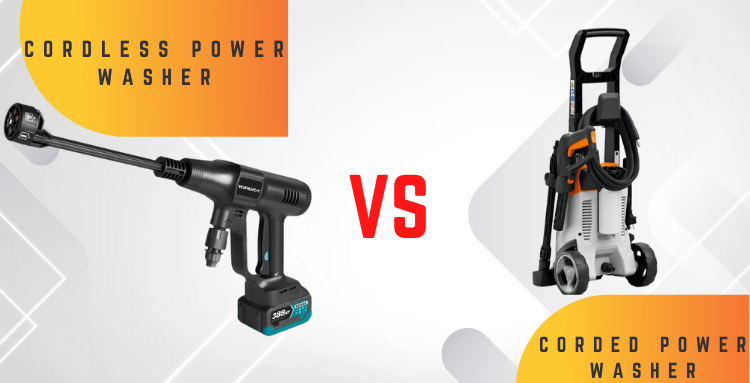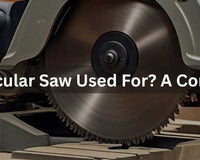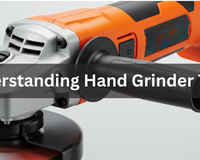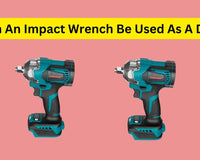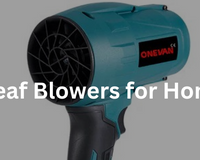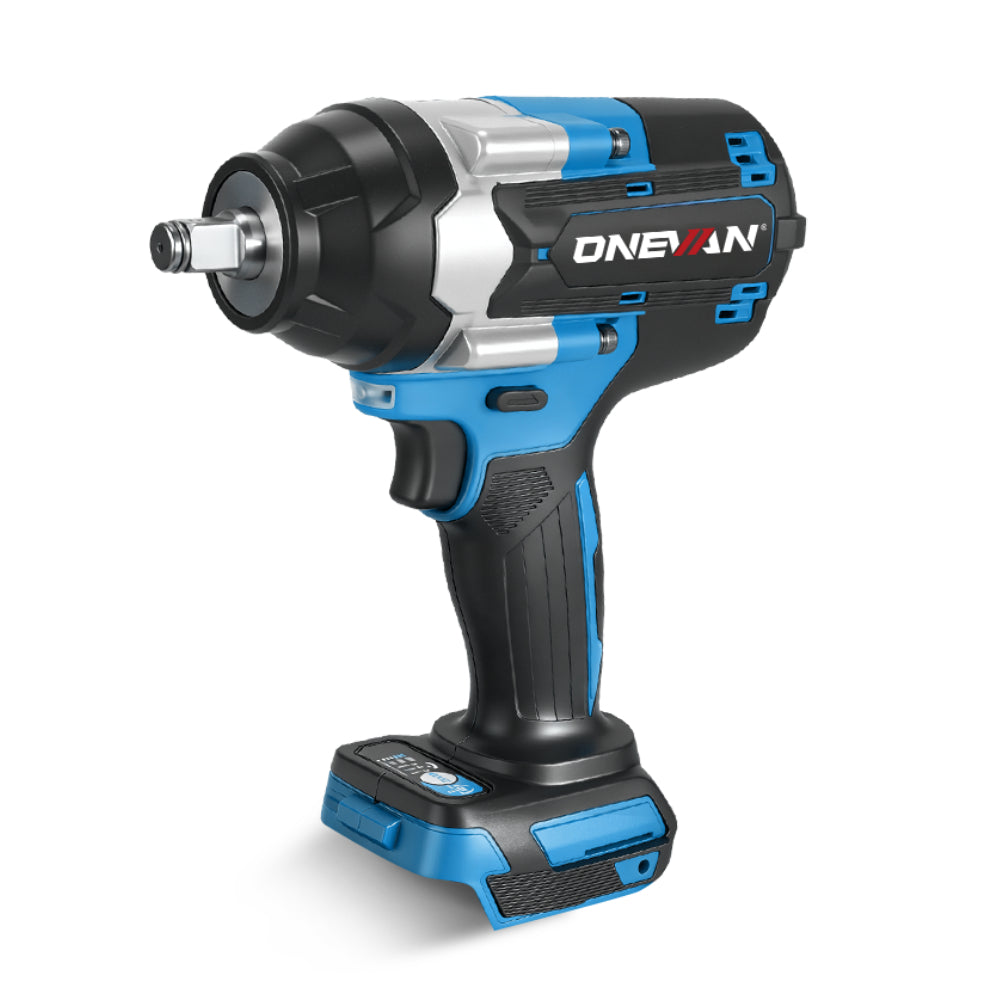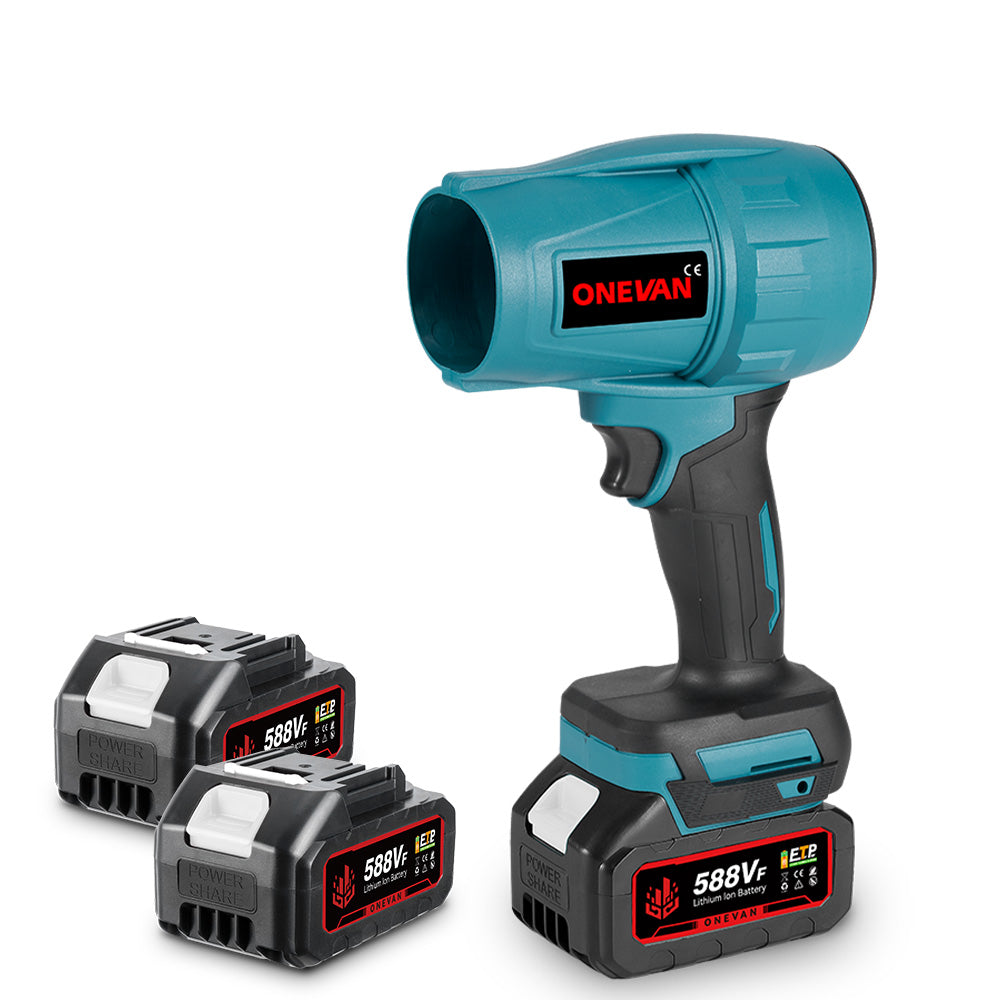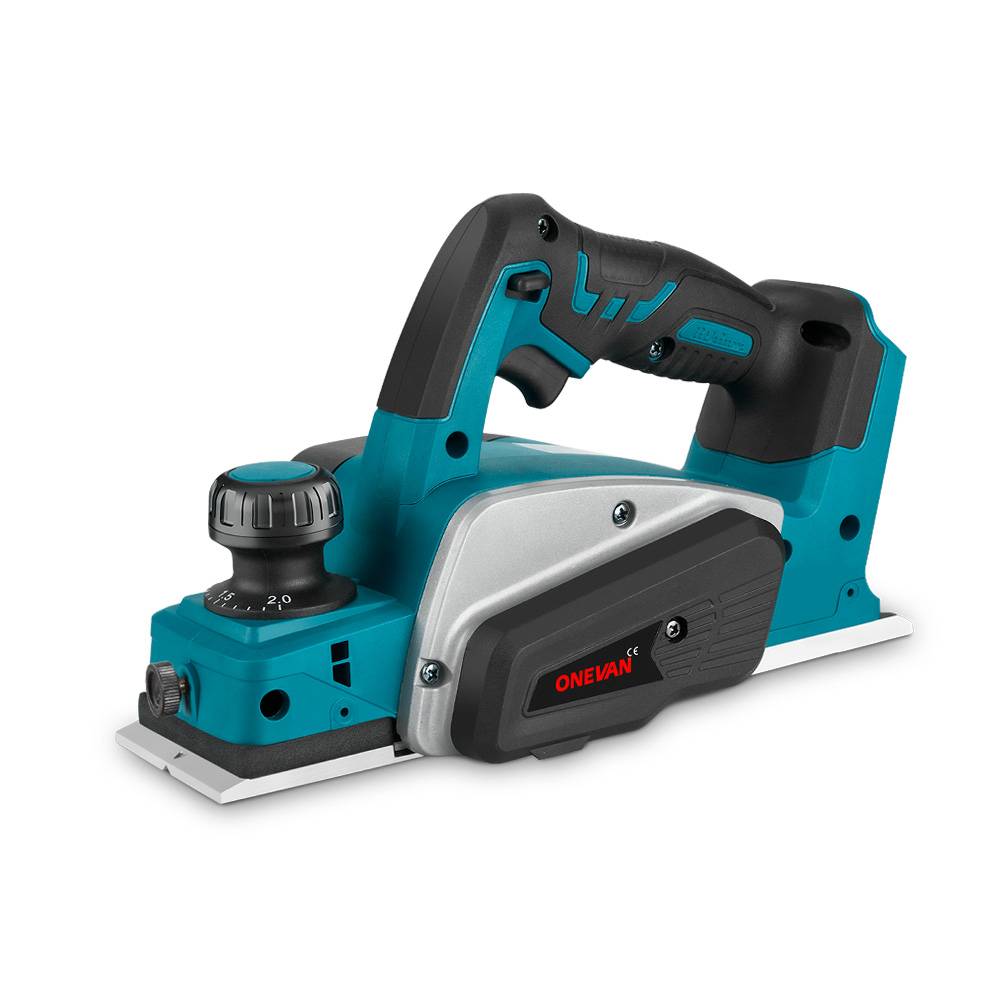Do you need a quick outdoor cleaning solution but can't find a hose or a power-point? Check this out. In this article, we are going to thoroughly compare design, performance, power, noise, safety, and value for money for cordless and electric pressure washers. After hours of research, we shall also recommend the best cordless pressure washer on the U.S. market.
With a PSI that's typically eight times higher than that of a standard garden hose, a cordless pressure washer provides a much more powerful cleaning solution. That makes it the perfect on-the-go cleaning solution for cars, bikes, muddy camping gear, outdoor furniture - whatever gets dirty or salty after a day at the beach. Just connect the battery here and drop this siphon hose into a bucket or attach a bottle full of water and blast away. And you can pretty much use any clean water source to draw from.
Despite being heavier than some smaller washers, an electric pressure washer is value for money. Quiet engine operation and overall performance make it a compelling choice. The water-cooled induction motor is a standout feature, addressing the common issue of electric washers overheating. This innovative design circulates water around the motor, enhancing performance and potentially extending the motor's lifespan by up to five times.
1. What Are Pressure Washers and How Do They Differ?
For washing cars and other vehicles, building facades, and urban infrastructure, pressure washers are indispensable. Now manual washing activities in both domestic and commercial areas are replaced by the latest pressure washers such as corded and cordless electric washers. To choose the right model for a specific task, you need to understand how a high-pressure washer works.
1.1 What Are Pressure Washers and How Do They Work?
Pressure washers harness a simple yet powerful concept for cleaning. Water enters the machine. The pump then kicks in. Much like squeezing a water balloon, it dramatically increases water pressure. The pressurized water is channeled to the spray gun.
A squeeze of the trigger enables a concentrated jet. It effectively cleans dirt with powerful force. Some models offer even greater flexibility with interchangeable nozzles and brushes. Hence, you can tailor the water flow for diverse cleaning jobs.
1.2 Cordless Pressure Washers: Pros and Cons
Cordless pressure washers are compact and can compete with plug-in pressure washers in terms of efficiency and convenience. Both tools feature some astonishing qualities to handle day-to-day washing jobs. We’re going to give you an in-depth analysis of both power tools.
Battery Operated Pressure Washer
ONEVAN 3500W 200Bar Brushless Electric High-Pressure Car Washer| Feature | Description (Specs) |
| Cordless Design | Li-Ion battery for outdoor cleaning (battery life varies). |
| Flexible Cleaning | Lightweight and maneuverable (5m hose). |
| Long-Lasting Power | 15000mAh battery for extended cleaning (battery life varies). |
| Comfortable Grip | User-friendly handle for fatigue-free cleaning. |
| Water Source Versatility | Works with buckets, bottles, streams, or pools. |
| Built-in Filtration | A stainless steel filter protects the pump (deep double filtration). |
| Power | 3500W motor delivers strong cleaning at 200 Bar (2900 PSI) pressure. |
| Voltage | 18V |
| Motor | BL Motor |
| Gears | 2 Gears |
| Water Flow | 4.1 L/min (1.08 GPM) |
| Outlet | 6-in-1 Nozzle |
Pros:
Hassle-Free Cleaning:
Cordless pressure washers do not need extension cords. You can move freely around your cleaning area.
Reduced Risk:
Since there's no electrical cord, cordless pressure washers reduce electrical accidents.
Multipurpose:
Many cordless pressure washers have different patterns and attachments. These attachments are quite useful in handling different domestic and commercial tasks.
Cons:
- Limited Battery Life: One of the biggest downsides of cordless pressure washers is their run time.
- Variable Power: Cordless models generally have lower pressure output compared to corded pressure washers.
- Initial Investment: Cordless pressure washers often come with a higher price.
- Battery Care and Replacement: Like any battery-powered tool, cordless pressure washers require proper battery maintenance.
1.3 Electric Pressure Washers: Pros and Cons
Every house needs electric power washers now. You might be interested to know a few things about it if you love it. Below, we have given a brief comparison of both tools. Removing tough stains from decks, walls or vehicles can be a fun activity. There can be good and bad aspects to picking the best-corded power washer. Keep reading!
Pros:
- Unlimited run time: Unlike cordless pressure washers, electric pressure washers have unlimited run time.
- Budget-Friendly: Electric pressure washers generally have a lower price.
- Eco-friendly: Electric pressure washers don't produce any harmful emissions. We can say they are eco-friendly.
- Extensive variety: You can find a wide range of electric pressure washers with multiple pressure outputs and features.
Cons:
- Only Plug-operated: Electric pressure washers only work on an outlet. So they have limited mobility.
- Unsuitable for All Locations: Since they need a power outlet, you cannot take them to remote areas where electricity access is limited.
- Water and Electricity Safety: One of the biggest disadvantages of corded pressure washers is electrical hazards.
2. The Main Parameters Comparing: Cordless vs. Electric Pressure Washers

All right, picking a pressure washer? Not as simple as grabbing a garden hose, right? There’s this whole PSI and GPM thing to figure out. Here’s the quick and dirty:
PSI
PSI (Pounds per Square Inch) measures the water pressure exerted by the washer, which is essential for dislodging tough dirt. Think of PSI as the cleaning punch. Higher PSI means a stronger stream of water, good for blasting away tough grime.
GPM
GPM (Gallons Per Minute) indicates the water flow, determining how quickly you can cover a surface area. Choosing the right balance of PSI and GPM will help you tackle your cleaning tasks more effectively. GPM is how much water the washer shoots out in a minute. Imagine it like the width of the spray – a higher GPM means more water comes out at once. Now, finding the right combo depends on the job.
Choosing the Right PSI and GPM:
| Feature | Cordless Pressure Washer | Electric Pressure Washer |
| Power Source | Battery | Electricity |
| Portability | Excellent - No cords | Limited - Requires power outlet |
| Convenience | Easier to maneuver | Simpler setup |
| Power | Generally lower PSI (1300-2000 PSI) | Generally higher PSI (2000-3000+ PSI) |
| GPM (Gallons Per Minute) | Typically lower (1.0 - 2.0 GPM) | Typically higher (2.0 - 4.0 GPM) |
| Performance Consistency | Power and flow can decrease as the battery drains | Consistent power |
| Noise Level | 75 dB to 85 dB | 80 dB and 95 dB |
| Best Use cases | Light-duty cleaning, quick jobs, noise-sensitive areas | Heavy-duty cleaning, long cleaning sessions, consistent power |
Light duty?
Are you having trouble cleaning your car, grill, or furniture by hand? A good way to clean off dirt quickly is to use a pressure washer that has about 1500 PSI! It’s like a powerful but narrow jet stream.
Medium to heavy-duty?
Need to clean your deck, fence, or house siding, or remove some stubborn stains? In that case, you would opt for a machine with 2,000-3,000 PSI and 2-3 GPM. Think wider and stronger stream for the tougher jobs.
Commercial & Professional Use
Painting stripping or cleaning large areas like walkways? Anything with more than 3,000 PSI and a GPM in the high single-digits or even 10s is your choice. It’s like having a fire hose in your hands!
3. The Quality and Lifespan Comparing: Cordless vs. Electric Pressure Washers
3.1 Build and Durability:
Electric:Electric pressure washers can be constructed more solidly, which can be beneficial for continuous use, though build quality can vary based on brand and model.Cordless: Battery-operated pressure washers are lightweight and easy to carry around, which means that they can be made from flimsier materials.
3.2 Performance Consistency:
Electric:Always provides the same level of power throughout its use, ensuring that you get consistent high-performance cleaning every time you switch it on.Cordless:Battery performance for cordless pressure washers may decline as charge levels drop, although many models are designed to deliver consistent power until the battery is nearly depleted.. This implies that if anything is demanding long-term high-power performance during cleaning; then this cleaner might not deliver up to expectations.
3.3 Technology and Design:
Electric and Cordless:Both electric and cordless pressure washers can offer a variety of settings for pressure and flow rates to suit different cleaning applications.3.4 Lifespan:
- Battery Life:
- Cordless: Batteries require replacement.
- Electric: Consistent performance.
- Maintenance Requirements:
- Both: Require cleaning and proper storage.
- Cordless: Additional battery.
- Electric: Regular maintenance as recommended by the manufacturer.
Depending on your cleaning needs and priorities, do consider the trade-offs between portability and durability/performance consistency. If you only need a portable pressure washer for light and quick cleaning activities, then a battery-operated pressure washer is the best option for you.
However, tasks that require larger angles and cleaner surfaces might benefit more from an electric washer, particularly when comparing tool life. In addition, it is also best practice to check manufacturers' reviews. Do not forget to compare prices and features.
4. Environmental & Energy Efficiency Comparison: Cordless vs. Electric Pressure Washers
4.1 Batteries:
While cordless units rely on batteries, which have environmental impacts, advancements in battery technology and recycling can mitigate these concerns. Electric models plug into the grid, with the overall environmental impact depending on the energy source of the grid itself.
4.2 Power source comparison:
No matter which you choose, it matters how the electricity is made. Solar or wind electricity is the cleanest form you can get. But here’s the thing: electric pressure washers are usually more efficient. Almost all the electricity goes to cleaning something; none is lost in the charging and discharging of the battery. While even that process has become super-efficient in later years, it still might be a disadvantage when compared to the corded model.
Cordless models are getting more efficient, but right now, electric models are the boss at converting energy to cleaning power, especially when it comes to big tasks. Cordless ones need to be recharged often, and batteries accumulate, multiply, or lose charge time to them, but if one uses their tool only occasionally or for smaller tasks, it’s not that big of a deal.
5. The Costs Comparing: Cordless vs. Electric Pressure Washers

Ahead of deciding on choosing a pressure washer, think about the financial consequences of choosing cordless or electric power. Even though a cordless device provides the freedom to move, the higher first costs and constant battery replacement increase the cost of purchasing and using the tool.
In contrast, electric pressure washers are generally cheaper and do not require buying additional batteries. Besides, such devices limit the user in cleaning a surface close to the outlet. The following information can be used to make a decision and choose a pressure washer that will be affordable to operate and meet the requirements of the user.
5.1 Initial purchase price:
- Battery-powered pressure washer: typically more expensive up front due to batteries and charging technology. The convenience and advanced battery tech contribute to the price.
- Electric: more affordable upfront. The simpler design without batteries allows for a lower price.
5.2 Operational costs:
- Cordless:
- Battery replacement: Lithium-ion battery replacement can be quite expensive.
- Electricity for charging: a more minor point because it pales in comparison to battery replacement.
- Electric:
- Electricity usage: you have to add it to your electric bill, of course, but the efficient conversion to cleaning power from the electric grid makes it very economical over time.
- No battery replacement.
5.3 Maintenance and costs:
- Cordless:
- Potentially lower maintenance because there are many fewer moving parts and no power cord.
- Both of these factors contribute to potentially high battery replacement costs; the second can also present safety hazards.
- Electric:
- Variable maintenance costs, as the motor or pump may need to be serviced. This is less likely with lighter use as proposed in this plan.
- Lower long-term costs because you don’t need to replace the batteries. A replacement power cord is also less expensive than a battery.
6. User Experiences Comparing: Cordless vs. Electric Pressure Washers
6.1 Portability and Convenience:
Cordless: King of portability! Take it anywhere with no outlet limitations. Ideal for off-the-grid cleaning or places with limited access to power (boats, remote cabins). No cords mean less setup time and reduced tripping hazards.
[Source: A 2023 survey by the Pressure Washer Association found that 72% of battery-powered pressure washer users for outdoor cleaning tasks prioritize portability.]
Electric: Tethered to an outlet, limiting range. Needs long extension cords for bigger jobs. But they win for continuous use without recharge breaks.
6.2 Power and Performance:
Cordless:Technology is catching up, but cordless models generally have less cleaning muscle compared to electric ones. However, this could be a deal-breaker for tough jobs such as paint stripping or deep cleaning of concrete. Another hurdle is the battery life; even the best ones last for an average of 2-3 years. But if your cleaning task is within the time limit, cordless works fine.
Electric: Consistent and more powerful! Electric pressure washers generally provide a stronger and more consistent water pressure than cordless ones and complete your cleaning tasks much faster. The only thing to be careful about is dragging the power cord everywhere.
6.3 Noise Level:
Cordless:- Quieter operation
- Cleaning in noise-restricted areas.
- Not as loud as gas engines, but, still the electric motors make noise.
7. Making the Right Choice for Cleaning: Cordless vs. Electric Pressure Washers
Light duty cleaning (furniture, cars)? Cordless pressure washers (1300-1800 PSI) are portable and perform jobs quickly.
Heavy-duty cleaning (driveways, paint prep)? Electric pressure washers (2000-3000 PSI) offer more power.
Clean occasionally and in short sessions? Cordless models are convenient, offering enough power for multiple quick clean-up jobs before recharging..
Clean frequently or for longer? Electric models provide uninterrupted power.
Battery-powered pressure washers provide convenience and flexibility in terms of cleaning various surfaces and ways to cope with dirt. In contrast, electric ones are associated with power, with their higher capabilities; they can work for a longer period and do a better cleaning job in this sense. The primary difference between cordless and electric pressure washers lies in their power source; one uses rechargeable batteries, while the other requires a continuous electrical connection.
Besides the cleaning purposes, the choice between the two will depend on how individuals are prepared to prolong the battery lifespan in the case of cordless pressure washers or to cope with the need for electricity and increased expenditure in the case of electric pressure washers.
8. The Maintenance Needs Comparing: Cordless vs. Electric Pressure Washers

Cordless Pressure Washers
For cordless pressure washers, battery care is critical for maximum lifespan. This means following the charging recommendations, using the batteries frequently, storing them in cool dry places, and removing them for long-term storage. Similarly to electric pressure washers, it is crucial to perform regular cleaning, check for clogs and leaks, and inspect the device for any damage.
Electric Pressure WashersWhen dealing with an electric pressure washer, everything is in its cord. Check it for wear and tear regularly and keep it loose when you store the device to avoid kinks. Also, clean the motor cooling system and lubricate the pump accordingly. Since cordless models don’t rely on a power cord, their maintenance differs in this aspect. However, battery cleaning is mandatory as well as performing leak inspections.
9. Case Studies: Cordless vs. Electric Pressure Washers
Cordless Pressure WasherLi takes pride in her weekend getaway cabin being as neat and clean as a pin. The tasks themselves are more or less routine: washing the wooden deck, rinsing the patio furniture, and possibly giving the grill a quick clean. Li is aiming for better portability, as dragging an extension cord all over her property is cumbersome. Moreover, she cannot go quite as high on the noise level as some other prospective customers – her neighbors value their peace.
Recommended Tool: ONEVAN 3500W 200Bar Brushless Electric High Pressure Car Washer
This is a powerful battery-powered pressure washer that delivers the following benefits:
| Feature | Description |
| Cleaning Power | 3500W brushless motor for strong cleaning at 200 Bar (2900 PSI) pressure |
| Battery Compatibility | Makita 18V batteries (not included) |
| Portability | Compact design for easy carrying and reaching tight spaces (5m hose) |
| Durability | Built to last with high-quality materials and a brushless motor |
| User-Friendly | Adjustable pressure settings (3 gears: 100Bar, 150Bar, 200Bar) for different cleaning tasks. Easy assembly. |
| Accessories | Includes extension wand, 0° nozzle, and 6-in-1 wand for versatile cleaning options |
Solution
The type of pressure washer that would definitely suit Sarah is the one that can work without the attached cords and has approximately, 1500 PSI. This way, Sarah will not have to carry the extension cord away, and the machine will not bother her neighbors too much. The only downside, though, is that the battery will probably have to be recharged, which means that she will have to plan her cleaning sessions more wisely and possibly take a couple of breaks in between.
Haris has a driveway that can get coated in winter grime, a large concrete patio that could use occasional heavy-duty cleaning, and a fence he’d like to strip some old paint off of. For these types of bigger projects, he wants raw cleaning power.
Solution:
An electric pressure washer with about 2,500 PSI would be perfect for Haris. It has the power he needs to blast off dirt and grime, and he can work as long as he likes without ever running out of fuel. Of course, he’ll have to manage the length of the power cord or work with an extension cord to cover all those large cleanup areas.
10. Conclusion
Summing up, now you know everything there is to know about pressure washers. They’re easy to use, efficient, and incredibly handy, making them the ideal tool for cleaning the great outdoors. While cordless models provide unparalleled portability and convenience for occasional quick clean-ups and cleaning in noise-sensitive locations, their lack of power might interrupt your cleaning session with necessary breaks to recharge.
Meanwhile, electric pressure washers might not be as convenient in terms of portability, but they do provide the muscle necessary to tackle any job with efficient performance and continuous power – all while you have a power cord to mind. In the end, the winner is the one that appeals to you more in terms of your personal cleaning preferences.
11. FAQ
1. Which is Better, Battery or an Electric Pressure Washer?
Electric: More powerful for tougher jobs, and constant power supply.
Cordless: Cordless pressure washers are portable and useful for simple tasks; however, it has limited power and battery life.
2. Are Cordless Pressure Washers Any Good?
Good for where portability is essential. Cordless pressure washers also provide quick cleaning jobs on cars, patios, etc.
3. What Are The Cons Of an Electric Pressure Washer?
They are noisy. In addition, the design is heavier and needs a power outlet to operate.
4. Are Electric Power Washers Powerful Enough?
Yes, they are powerful enough to carry heavy cleaning jobs. Electric power washers are best for professional and commercial purposes.
5. What is The Life Expectancy of an Electric Pressure Washer?
If you are taking proper care of electric pressure washers can last 5-10 years or more.
6. How do I Choose a Power Washer?
Consider cleaning needs (light vs. heavy-duty), desired portability, and budget.
7. Do Electric Pressure Washers Need Oil?
No, electric pressure washers don't require oil changes.
8. Do Electric Pressure Washers Need a Pump Protector?
Some models recommend a pump protector to extend pump life, but not all require it.
9. Is a Brushless Pressure Washer Better?
Brushless motors generally offer quieter operation, longer life, and less maintenance.
10. What PSI Pressure Washer is Best for Driveways?
For driveways, a pressure washer between 1800-2500 PSI is a good range for several cleaning jobs.

